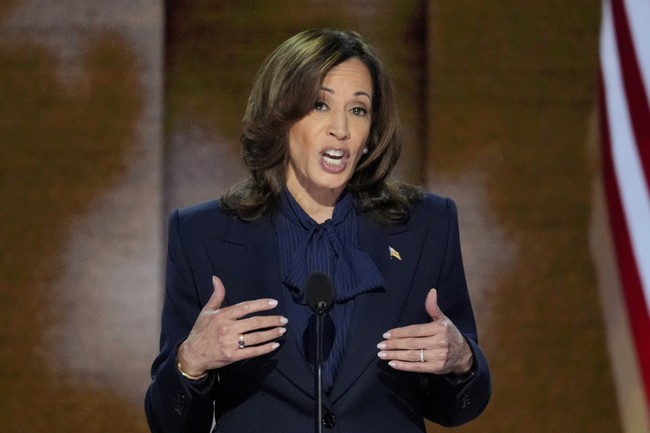Judge Cancels Eric Adams' Charges: Political Intrigue
Discover the intricate dealings and political maneuvers behind the recent dismissal of corruption charges against NYC Mayor Eric Adams, with far-reaching implications on governance and justice.
Published April 03, 2025 - 00:04am

Image recovered from redstate.com
The recent dismissal of corruption charges against New York City Mayor Eric Adams has become a significant point of discussion across the political landscape. The intricate case, involving accusations of illegal campaign contributions and bribery, has been dismissed with prejudice by U.S. District Judge Dale E. Ho, preventing any revival of these charges in the future.
The allegations leveled were severe, claiming Adams benefited from foreign nationals, particularly Turkish businessmen, in exchange for political favors. Initially prosecuted during Biden's administration, the case has traversed through a series of political twists, involving notable figures like former President Donald Trump.
Much of the debate rests on the influence of the Justice Department under different administrations. Emil Bove, acting Deputy Attorney General during Trump's presidency, expressed concerns about how continuous prosecution might impede Adams' capacity to focus on priority issues like illegal immigration and violent crime.
Adams found unexpected support in the form of Trump, who compared his own persecution to Adams'. This unexpected backing, emerging during Trump's tenure, led to speculations of political machinations influencing legal proceedings. Trump's role, seen as pivotal by some, purportedly led to the decision to dismiss the charges as a means to ensure his immigration policies faced no local barriers.
Judge Ho's decision underscored discomfort with the appearance of a 'quid pro quo', suggesting that such dismissals create a troubling precedence where jurisdictional integrity could be undermined by political agendas.
The fallout has been extensive; several prosecutors resigned in protest, highlighting concerns about the integrity of judicial proceedings under overt political influence. The case painted a picture of a judicial system grappling with pressures from various political factions.
Adams himself has been openly vocal about his innocence and commitment to serve New York City, distancing himself from special interests. Despite political turbulence, he remains confident about his upcoming re-election, assuredly declaring his resolve to lead with an allegiance solely to New Yorkers.
The mayor's legal journey reflects broader themes of political independence and judicial integrity, sparking debates over the balance between governance and political pressure. The interaction between Trump's agenda, the DOJ's handling of cases, and local political landscapes has amplified discussions on the perceived partisan weaponization of justice.
The backdrop of these events is a city hall gripped by uncertainty, and a mayor's chair influenced by national agendas. With the charges dismissed, how Adams navigates the political repercussions and secures his position in the electorate remains critical moving forward.






